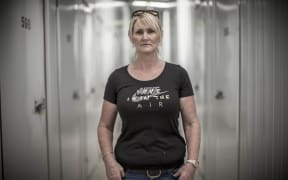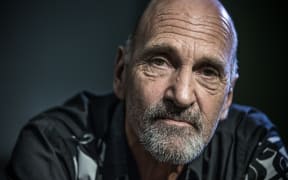By Felicity Monk
He helped overturn Teina Pora's murder conviction. Now Tim McKinnel is investigating another potential wrongful conviction he believes could out-do even that case.
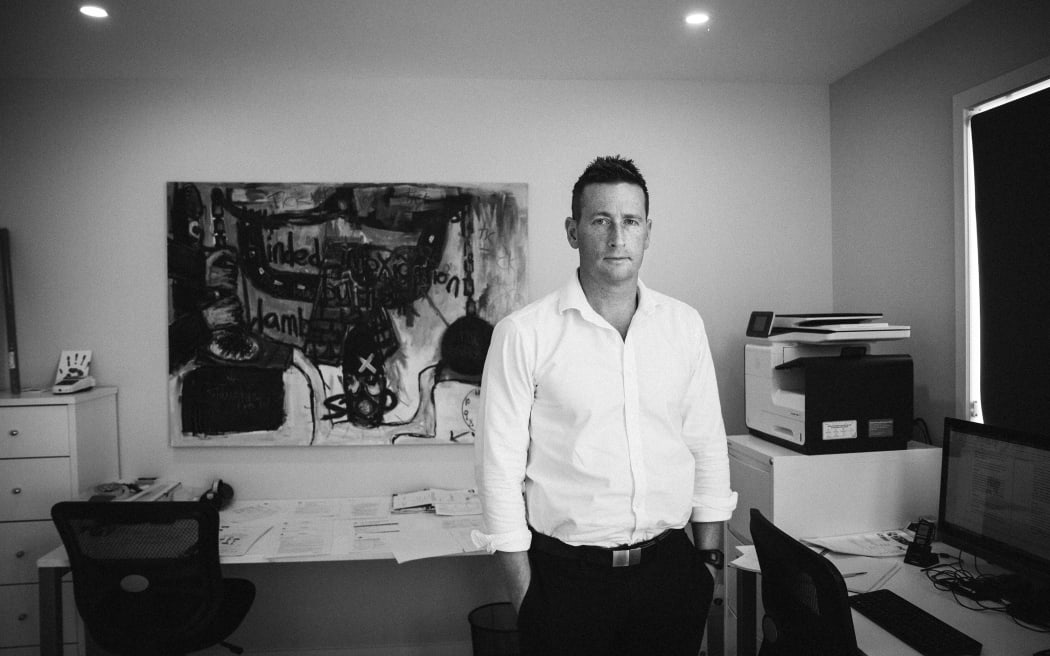
Tim McKinnel was unrelenting in his determination to overturn Teina Pora's murder and rape convictions Photo: RNZ / Luke McPake
It's a drizzly, grey Tuesday morning when I meet Tim McKinnel at his west Auckland home, down the world's most complicated driveway. The 44-year-old investigator (don't preface it with 'private', he says; it makes people think you "sneak around taking photos of cheating spouses and that sort of thing") leads me through to his home office with its large desk, multiple screens and boxes of files stacked in towers.
The former cop, father-of-three and tireless campaigner who led the effort to overturn Teina Pora's convictions for the rape and murder of Susan Burdett, currently has his sights set on what he thinks might just be New Zealand's next wrongful conviction case: that of Gail Maney. And when asked if he thinks Maney's case could end up being on the same scale as Pora's, McKinnel says simply, "It could be bigger."
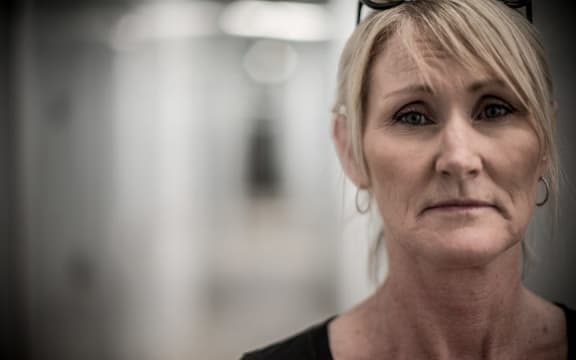
Gail Maney was convicted without any hard forensic evidence. Photo: Jason Dorday / Stuff
In 1999, Maney was found guilty of ordering the killing of Deane Fuller-Sandys, who had gone missing a decade earlier. At the time it was thought that Fuller-Sandys had died after slipping from rocks while fishing at Whatipu, on Auckland's west coast. In 1997, eight years after he disappeared, presumed drowned, police received a tip off about a story of a body in a car boot and thus began an extraordinarily complex tangle of conflicting accusations made by multiple witnesses, culminating in Maney and three others being found guilty.
During Maney's trial, the Crown was unable to produce any hard forensic evidence such as DNA, blood-matches or weapons. Fuller-Sandys' body has never been found. Following Maney's successful appeal, a retrial took place in 2000, but she was found guilty a second time, and a second appeal was thrown out. Maney, a mother-of-three, spent 15 years behind bars, and is currently serving out a life sentence on parole.
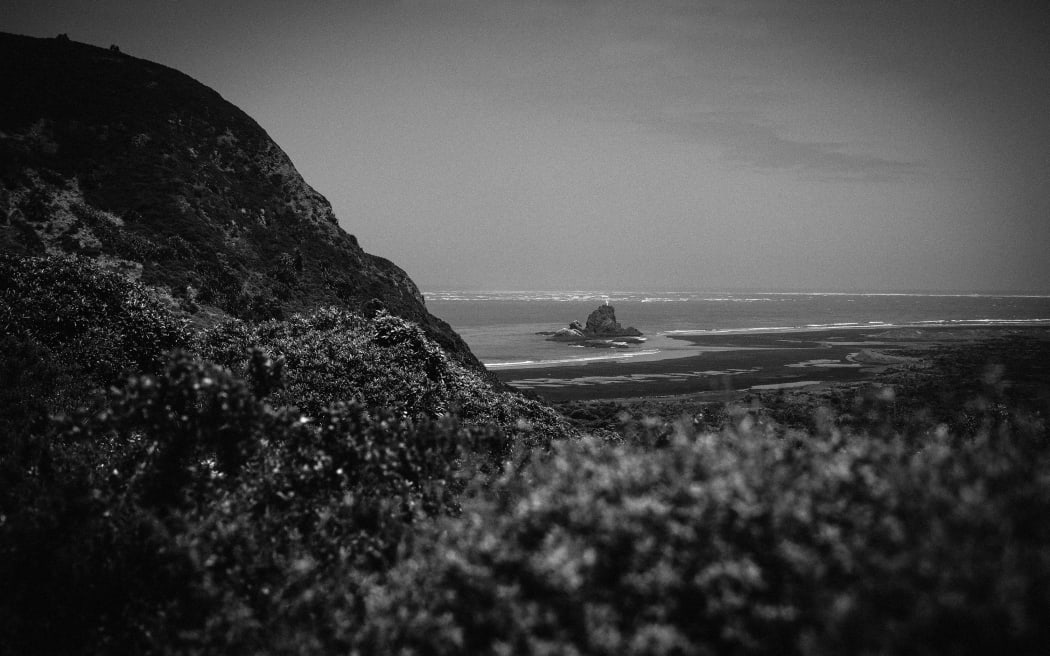
For years, Deane Fuller-Sandys was presumed to have been swept from the rocks while fishing at Whatipu on Auckland's west coast. Photo: RNZ / Luke McPake
All along, Maney has professed her innocence. In fact, she has said she did not know Fuller-Sandys, and that when she was charged with murder it was the first time she'd heard his name. Her case is now receiving new attention, thanks largely to the recent RNZ-Stuff true crime podcast Gone Fishing, by journalists Amy Maas and Adam Dudding, which investigates her story. In August, lawyers Julie-Anne Kincade, Nicholas Chisnall and Aieyah Shendi agreed to represent Maney in a bid to have her case re-heard by the Court of Appeal.
McKinnel's involvement in the case began when he was approached by Maas for input into the podcast. When he started to look into the case more closely there were several red flags, he says. "There is not a scrap of physical evidence to support the contention that Fuller-Sandys was murdered and that's a pretty frightening place to start from for a murder prosecution."
He found some concerning similarities to Teina Pora's case too, particularly when it came to the way police managed witnesses. "We have what appears to be a rather prolific use of deals, inducements, threats; potentially offers of rewards, relocation and pay-outs."

McKinnel holds a map of the Whatipu car park where Fuller-Sandys' car was found. Photo: RNZ / Luke McPake
Told of McKinnel's opinion, police said, "This matter was tried twice in court and Gail Maney was convicted both times. In general, police do not relitigate historical matters that has been through the courts and therefore we have no further comment."
Former police officer Mark Franklin, who led the investigation into the death of Fuller-Sandys, defended the investigation and Maney's conviction.
"I'm sure that she was an integral part of this crime," he told Gone Fishing. "It was her house. She was the one that instructed, or passed the instructions for something to happen to Deane Fuller-Sandys."
McKinnel has now been engaged by Maney's lawyers to establish whether there are grounds for an appeal. He gestures to a huge ring binder, lying open on the table, full of notes about the case and says it's early days yet, and the speed with which things progress is largely dependent on co-operation from the police.
***
In the six years that McKinnel worked to clear Pora's name, he was known for his unrelenting and dogged determination. He made more than 50 round trips by car from his then-home in Hawke's Bay to Paremoremo to visit Pora, twice sued the police to release information, and unveiled police incompetence, hidden deals and new evidence. In 2009, when he first started working on Pora's case, he was also in the process of setting up a North Island branch of investigation firm Zavest, of which he is now a partner, while supporting his young family. Money was tight. Initially, all his work for Pora was pro bono, and though funding would eventually kick in, it wasn't a lot. He says the case took over his life and took a toll on his family.
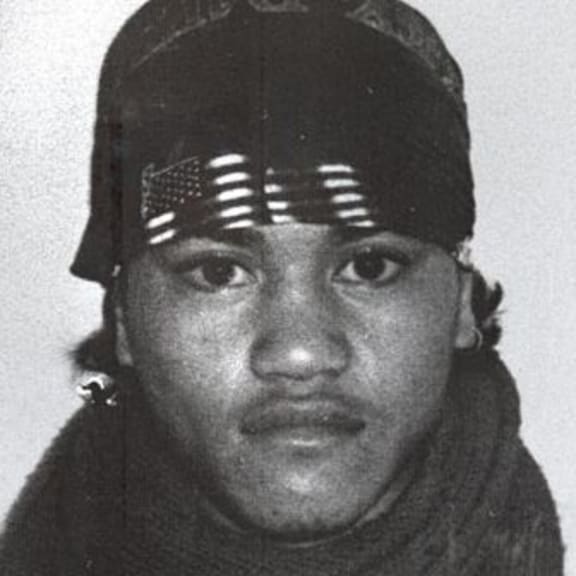
Teina Pora in the early 1990s Photo: FILE
Is McKinnel concerned that he might become equally absorbed in Maney's case? He's thoughtful for a moment. "There is no reasonable way to do this work without a certain type of obsession, because of the detail that's required. But I think I've learnt a number of valuable lessons. I've certainly become more confident in making sure that we apply for funding. I'm just not in a position, and shouldn't be in a position, where we have a worthwhile case where you're working for free."
In 2015 McKinnel was named as a finalist for Herald New Zealander of the Year for his work on Pora's case. How did that feel? He shifts uncomfortably and possibly blushes. "Ah, a bit weird. You know it was a generous thing for the Herald to do, though I was one of many people that worked on that case. I feel a little bit self-conscious when you get credit for work that many, many, many, many people have done. Maybe it would sit more comfortably if systemically we'd changed something, but we didn't."
He says that one of his greatest frustrations with Pora's case is the fact that no one has reviewed what happened and how it happened. "It is frustrating for all of us that were involved, that there are so many lessons that could be learned about how this all happened and that nobody's bothered to try and identify them."

McKinnel looks through files he's amassed during his investigation of Gail Maney's murder conviction Photo: RNZ / Luke McPake
Lawyer Ingrid Squire, who worked on Pora's case along with criminal barrister Jonathan Krebs, says of McKinnel: "He's an extraordinary human being with the greatest sense of justice of anyone I've met. And I've been in the legal profession for 21 years, so I've met a lot of people passionate about justice. But no one has walked the walk and talked the talk like Tim. He just gets on and does it." Of his unwavering dedication to the case: "He wouldn't let it die, he wouldn't let it get quietly brushed under the carpet, and he wouldn't let Teina continue to languish." If it wasn't for McKinnel, does she think Pora would still be in prison? "There is no doubt about it. Tim McKinnel saved Teina Pora, there is not a doubt in my mind."
McKinnel remains in contact with Pora, supporting him in his reintegration back into society. "We've got an ongoing responsibility to Teina to help him, he was incredibly damaged both through his FASD [foetal alcohol spectrum disorder], but also his experience [of imprisonment] for 22 years."
For McKinnel, Pora's case is not yet over and it won't be until there is closure for victim Susan Burdett's family. In February, Malcolm Rewa will go on trial for a third time for Burdett's murder. McKinnel says they have offered assistance to police, and will speak to Rewa's counsel if asked.
***
McKinnel grew up in a "fairly conservative Catholic family" spending his childhood in Gore, Nelson and finally, Masterton. He did a degree in physical education at Otago University, before deciding to join the police. Fresh out of police college, he moved to South Auckland to work on the front line. "It was an eye-opener. I was a fairly naïve 22-year-old and had a pretty sheltered and protected life. Even four years in Dunedin couldn't prepare you for what you see. The churn of dealing with the violence and alcohol and drugs in an ambulance-at-the-bottom-of-the-cliff-kind-of-way, it's frustrating for some and it was for me." McKinnel shifted over to the investigative side of policing, which he found a much better fit.
He'd been in the force about eight years when he was involved in an off-duty incident in which he was a passenger in a car with a fellow cop, pulled over for a traffic infringement late at night. He describes it as "relatively minor". There was an investigation and they were both cleared of doing anything illegal but McKinnel says it was a catalyst for him in leaving the police. "It was a real eye-opener as to what it was like to be on the other side. For me, it wasn't until I had first-hand experience of how these things play out that it provided some insight to what the system actually is, because it's two adversarial sides that compete with the truth. And sometimes the truth is a victim in that process."
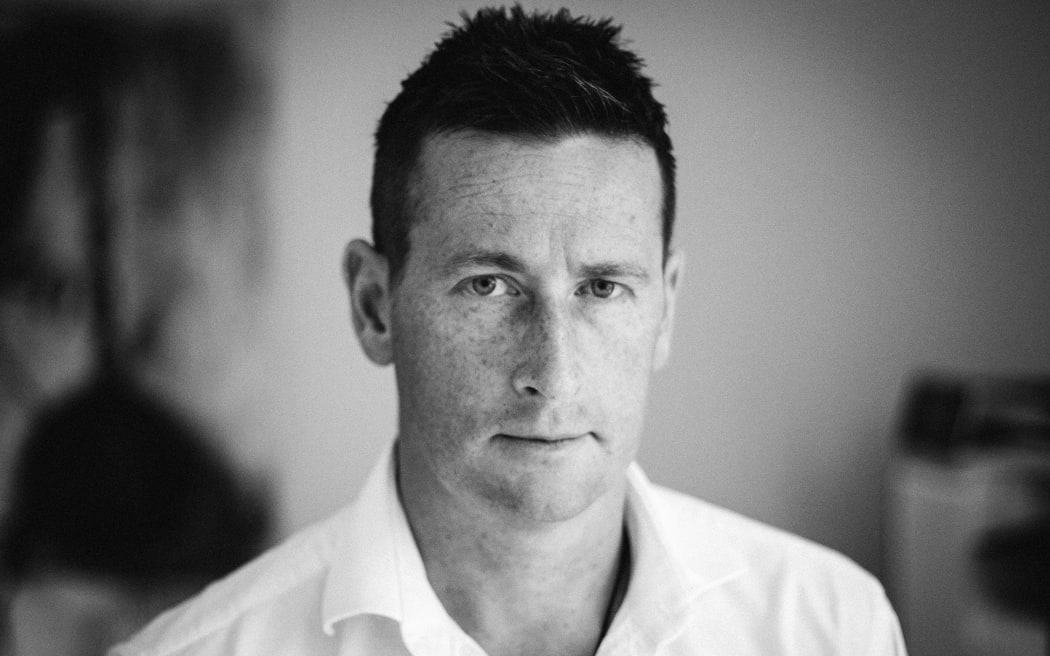
McKinnel was a police detective before an off-duty incident prompted him to leave the force. Photo: RNZ / Luke McPake
In 2008, aged 34, he was diagnosed with a rare blood disorder. It was a shock, especially since it's a condition that typically affects much older people. He takes medication, sees his haemotologist every few months and says apart from being "a bit tired at the end of most days", he isn't experiencing side effects or symptoms. But the diagnosis did give him cause to reflect on his life and the sort of work he wanted to do, and it played a role in taking on Pora's case. "When you're confronted with your own mortality reasonably young, you realise that you've got a limited amount of time, and that you're probably not going to sit on your death bed, whenever that might come, and reflect on how much money you've got in the bank. Life's for experiences and adventures and if you can find work that provides those you're very fortunate."
***
In 2015, McKinnel, along with another investigator, a couple of lawyers and a forensic scientist, founded the New Zealand Public Interest Project. Unlike many other countries, New Zealand does not have a Criminal Cases Review Commission (CCRC), whose purpose is to pursue miscarriages of justice, and so McKinnel and his colleagues felt they needed to fill that absence.
Since launching, they have received hundreds of applications but because the team is working pro bono and in their spare time, it has been difficult coordinating everyone and dealing with the volume of applications. They try to meet monthly and McKinnel says of the cases he has looked at, "One in ten looks not only troubling, but viable in terms of doing something. I wouldn't be surprised if there were dozens of relatively serious wrongful convictions in New Zealand and that is why a CCRC is, in my view, such a necessary tool. I would like to think that a properly funded and empowered commission would mean that we don't need to exist anymore." McKinnel may soon get his wish: there is currently a bill before Parliament to establish a CCRC in New Zealand.
So what's next for this reluctant hero? Aside from his commercial investigation work and Maney, McKinnel is looking into the case of Alan Hall (also the subject of a podcast, Newshub's Grove Road) who was sentenced to life imprisonment for the 1985 murder of 52-year-old Arthur Easton. Like Maney's case, there's a lot that doesn't stack up and there's a lot of work to be done. The measured and studious McKinnel, still with the cop's haircut, doesn't sound like he'll be retiring his cape anytime soon.
